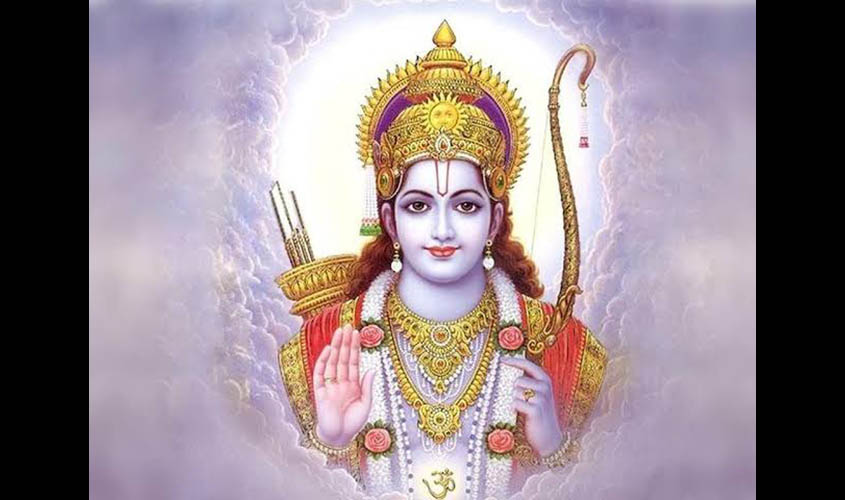There are many reasons why India has not progressed to the extent expected in the heady day when the Union Jack got replaced by the Tricolour over the former Viceregal Palace and thereafter Rashtrapati Bhavan. Among them is the refusal by the chosen Prime Minister of India, Jawaharlal Nehru, to substantively acknowledge that the just divided country had a history going back several thousands of years, and that every strand of the tapestry of Indian culture was precious. Nehru was chosen by Mahatma Gandhi to be the first Prime Minister of India, overlooking the popularity of Sardar Patel within the Congress Party or the immense societal significance that would have ensued, had he chosen Babasaheb Ambedkar as the first Prime Minister. Indeed, there was a time up to the final years before 15 August 1947 that the choice of M.A. Jinnah as Prime Minister may have staved off the partition of the subcontinent in a manner that weakened the influence of the entire population of what was, is and will remain a single cultural entity. Within that composite culture, combining within it the Vedic, Mughal and Western strands as mentioned in the theory of “Indutva”, Lord Ram stands as arguably the tallest figure in the history of India. The qualities of Lord Ram have been celebrated by poet and writer of prose, in song and in theatre, such that the example of such an existence has been defined as the ideal life. Just as Alexander is celebrated among the Greeks (and the North Macedonians) and Julius Caesar among the people of Italy, just as Michaelangelo and Leonardo da Vinci have become household terms, so should the name of Lord Ram have spread across the world, if it were not for the reluctance of Nehru and his successors to give the importance that was deserved to such a life. It has been said on more than one occasion in this newspaper that a return to ancient traditions of the birthplace of Lord Krishna and Lord Ram, as well as Gyan Vapi in Varanasi, would be the elixir that would assuage the feelings of historical hurt of the Hindu community and ensure that the flames of communalism do not burn within the hearts of the one billion Hindus of the world. This would be to the benefit of all of India, and not just a single community. The fact that decades went by before something as basic to the belief systems of the Hindu community as a temple located at the birthplace of Lord Ram could even begin to be constructed has created ripples of discontent and discordance.
The judgement of the Supreme Court of India opens the path towards the re-construction of the Ram temple and must be unreservedly welcomed. There was an expectation that Chief Justice Deepak Misra’s court would pass judgement on the Ram Janmabhumi dispute, but after decreeing that all moviegoers should stand at attention because of his decree that the National Anthem should get played in all cinema houses, it happened that it was not the then CJI but his successor, the noted jurist Ranjan Gogoi, to whom went the historical task of delivering a verdict that will enshrine itself not only in the judicial but in the broader history of India. Chief Justice Gogoi had the option of delaying matters until his successor took charge, for in India it is not uncommon for cases to extend into decades, as the Ram Janmabhumi case had done. However, the Chief Justice of India firmly grasped the essentials of the case and has presided over a bench that has delivered a judgement that is of immense consequence to every citizen of what will soon be the world’s most populous country. The CJI’s name has entered the history books in a manner that his predecessor and his effort to generate patriotism in cinema theatres has not. The nation salutes

